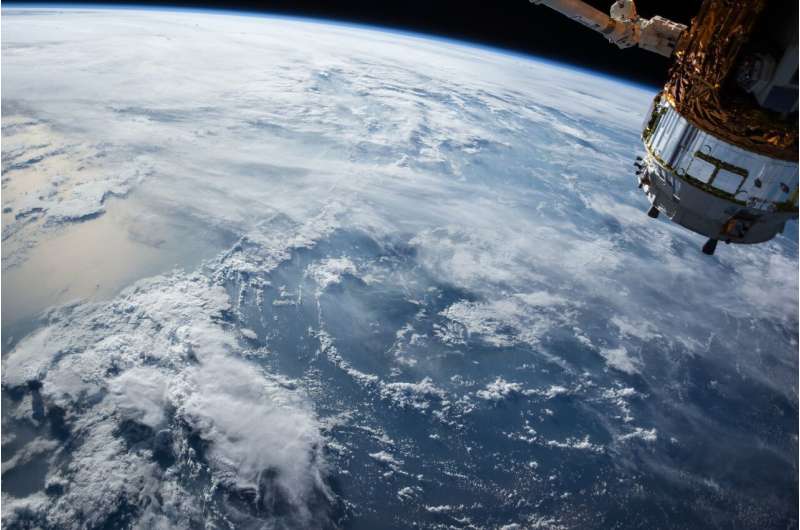Video: A successful mission starts with nutrition

Centuries ago, large, wooden ships explored the seven seas. But often a ship that began its voyage with a crew of hundreds could return with tens. The silent killer? Scurvy, a disease that occurs when there's a lack of Vitamin C in the diet. On the other extreme, explorers of the North and South poles could fall ill by eating the liver of polar bears and seals, exposing them to toxic levels of Vitamin A.
Centuries of exploration have taught us there is a vital relationship between a successful exploration mission and balanced nutrition. And nowhere is that lesson more vital than in the extreme vastness of outer space.
NASA nutritionist and Manager for Nutritional Biochemistry, Scott M. Smith, Ph.D. notes, "We're studying nutrition aboard the International Space Station (ISS) by tracking what astronauts eat and how their body mass and health change over time in microgravity. Menus that lack variety and busy schedules can impact the astronauts' dietary intake, and insufficient intake leads to weight (mass) loss, bone and muscle loss, cardiovascular effects, and more. The foods on ISS are all "shelf stable." There is no refrigerator or freezer for food. Right now, we're lucky, because we are able to deliver fresh fruits and vegetables to the station. But think about the first human trip to Mars and back, which may take 30 months or more. How do we maintain optimal nutrition for our astronauts over that much time?"
The challenge is clear: In space, the astronauts' environment impacts their nutritional needs. Astronauts have higher radiation exposure, higher atmospheric levels of carbon dioxide, low humidity, and microgravity, which can all have effects on their health. Having a balanced, nutritious diet is important to help counteract spaceflight effects on the body. These can have short-term consequences, like on mood and performance, and kidney stone risk; and raises long-term concerns, such as bone and muscle loss, cardiovascular degradation, impairment of the immune function, and vision changes.
Smith says, "The foods we give them will be of utmost importance for counteracting these effects, which is why we need to find ways to make the food palatable, nutritious, and safe even after it's stored for months or years." Keeping an eye on intake will be important, too. Currently on ISS, astronauts use an iPad app to track intake, and this gives them real-time information on their diet. The nutrition team and flight surgeons also watch this information to help provide feedback to astronauts.
This attention to astronaut nutrition is also paying dividends for those on Earth. Smith notes that astronauts on board the space station have already delivered a plethora of nutritional data that can be applied to all people. He says, "We've gained new insights into how nutrition can have effects on all human systems including dietary effects on bone loss, which affects the elderly in particular, and how to better treat that condition and others."
"Of course", says Smith, "a simple start for people on Earth to maintain optimal health is the same as it's been for centuries: Keep eating your fruits and veggies."
Provided by NASA





















